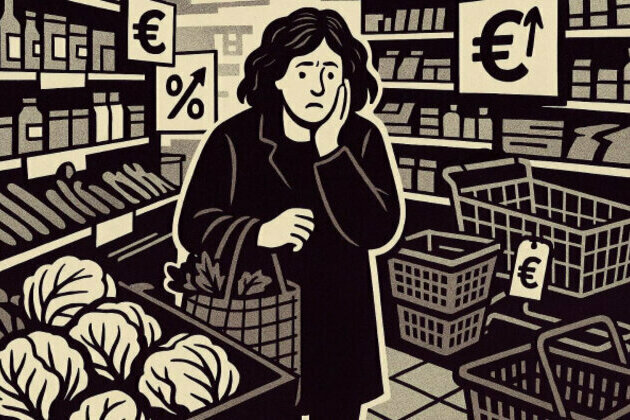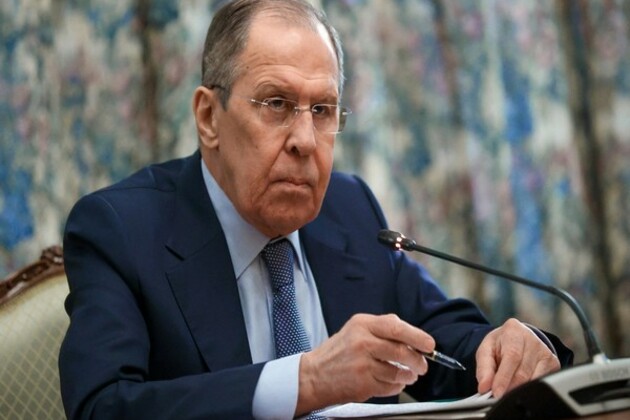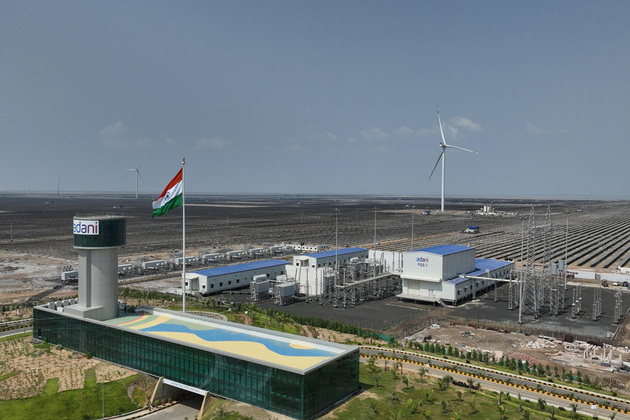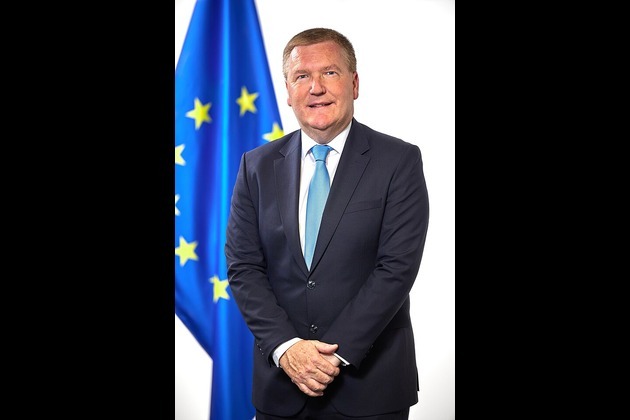Bulgaria: The Price Hysteria Will Continue Amid Eurozone Countdown
Novinite.com
30 Jun 2025, 20:19 GMT+10

As Bulgaria moves into the summer season, the tempo of political developments remains high, particularly with the country on the brink of a final decision regarding eurozone accession. Within this context, several key narratives are set to unfold over the coming months - narratives that will shape the economic and political climate in the lead-up to the euro's adoption.
One of the dominant themes will be continued public anxiety over prices. The atmosphere will likely be marked by persistent, campaign-style rhetoric focusing on price hikes. Isolated examples, such as the rising cost of a specific brand of mineral water, will be used to illustrate broader claims of inflation, with some media portraying food price jumps of up to 40%. This type of narrative will become commonplace. Oversight agencies - the Commission for Protection of Competition, the Consumer Protection Commission, and the National Revenue Agency - will be active in issuing press briefings and taking visible actions, though this may only serve to fuel public hysteria. Media coverage and online discourse will mirror previous waves of discontent, such as the grocery store boycotts, accompanied by calls for tough controls and accusations of market speculation.
Such discontent will naturally feed into opposition to the euro. Any official statistics on inflation will be met with skepticism - either as validation of the problem or as alleged manipulation. Already, critics have suggested that April's inflation data was distorted to create the appearance that Bulgaria had met the price stability requirement for euro adoption. Much attention has been given to the temporary reduction in hospital fees during that period, conveniently overlooking more impactful state decisions since the beginning of the year, such as reintroducing VAT on bread and restaurant services and raising household electricity prices. These actions have had a significant cumulative effect on inflation, a fact clearly acknowledged in the European Commission's convergence reports.
However, the core issue isn?t just about prices or the euro. It's the state budget. Amidst all the noise around inflation and currency change, fiscal health is the more pressing concern. Bulgaria is heading toward an excessive deficit procedure in 2025, and there is already notable pressure to raise taxes. An increase in social insurance contributions is already embedded in the country's medium-term fiscal plan. In addition, proposals are circulating about increasing VAT, raising corporate taxes, and introducing new levies on certain sectors - banks? so-called 'super-profits? being a prime target.
The country will need to pass its first budget in euros this autumn. That new fiscal plan must commit to consolidation and a significant reduction in the deficit. Particular attention will need to be paid to reigning in spending, especially by eliminating mechanisms that automatically raise public sector wages. On the revenue side, adjustments are possible, but they must be targeted to address specific weaknesses in the tax system - such as the underperformance of toll collection, loopholes in gambling taxes, unrealistically low property valuations, and the need to reassess certain tax breaks. These efforts must be carefully balanced to avoid harming national competitiveness.
All of this is playing out in a landscape of high political risk. The threat doesn?t stem solely from opposition parties attempting to mobilize anti-euro sentiment, but also from the ambitions of those already in power. Their drive to concentrate more authority could lead to snap elections. More worryingly, it may result in an expansion of state control over economic life. Recent developments - the channeling of large public funds into the Bulgarian Development Bank and the hyperactivity of price oversight agencies - may be early indicators of this trend.
None of these problems have simple solutions. But recognizing the emotionally charged climate, the fiscal vulnerabilities, and the political power plays at work may be the first step toward navigating them with clarity and focus.
Source:Institute of Market Economics
 Share
Share
 Tweet
Tweet
 Share
Share
 Flip
Flip
 Email
Email
Watch latest videos
Subscribe and Follow
Get a daily dose of Germany Sun news through our daily email, its complimentary and keeps you fully up to date with world and business news as well.
News RELEASES
Publish news of your business, community or sports group, personnel appointments, major event and more by submitting a news release to Germany Sun.
More InformationEurope Business
SectionApple allows outside payment links under EU pressure
SAN FRANCISCO, California: Under pressure from European regulators, Apple has revamped its App Store policies in the EU, introducing...
Ireland’s labour court backs pay rise for Bus Éireann despite losses
DUBLIN, Ireland: Bus Éireann has told the Labour Court that it lost 4.2 million euros in 2024 and expects to lose a similar amount...
Bulgaria: The Price Hysteria Will Continue Amid Eurozone Countdown
As Bulgaria moves into the summer season, the tempo of political developments remains high, particularly with the country on the brink...
"The West has never succeeded in this, and it will not succeed this time either": Lavrov on NATO-EU bid to strategically defeat Russia
Bishkek [Kyrgyzstan], June 30 (ANI): Western nations will not succeed in inflicting a 'strategic defeat' on Russia, Russian Foreign...
With record 15,000 MW, Adani Green becomes India's largest and fastest capacity addition company
Ahmedabad (Gujarat) [India], June 30 (ANI): Adani Green Energy Limited (AGEL) has achieved a significant milestone by surpassing 15,000...
Price of gasoline in Israel to remain the same in July
Tel Aviv [Israel], June 29 (ANI/TPS): Israel's Ministry of Energy and Infrastructure reported that at midnight between Monday June...
Europe
SectionDeepSeek faces app store ban in Germany over data transfer fears
FRANKFURT, Germany: Germany has become the latest country to challenge Chinese AI firm DeepSeek over its data practices, as pressure...
EU Commissioner says Kallas meant no offense to Ireland
DUBLIN, Ireland: Ireland's EU Commissioner Michael McGrath has defended Commission Vice President Kaja Kallas over her recent comments...
Apple allows outside payment links under EU pressure
SAN FRANCISCO, California: Under pressure from European regulators, Apple has revamped its App Store policies in the EU, introducing...
UN climate agency gets 10 percent boost amid global budget cuts
BONN, Germany: Despite widespread belt-tightening across the United Nations, nearly 200 countries agreed this week to increase the...
Kate Winslet's visit sparks profit jump at Ballymaloe Cookery School
DUBLIN, Ireland: Post-tax profits at Ballymaloe Cookery School rose by 53 percent in 2024 to 135,952 euros, helped by the buzz around...
Woman sues Boots in Ireland, blames migraine drug for brain bleed
DUBLIN, Ireland: A 63-year-old woman, Sigrid O'Meara from Ballincurry, Longford, is suing Boots Pharmacy in the High Court. She says...











